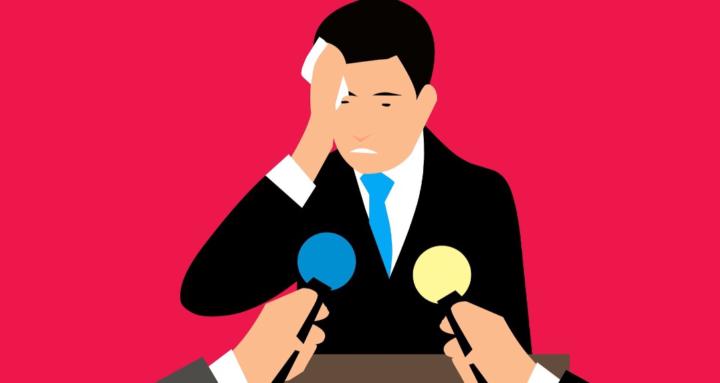Aug 27 • General discussion
Have you heard of the Spotlight Effect in Public Speaking?
The spotlight effect is a psychological phenomenon where we dramatically overestimate how much others notice us. In public speaking, it’s one of the biggest mental traps. When you step up to a lectern, your heart racing, it feels like every tiny mistake—a stumble over a word, a hand that shakes, a pause that lingers—is being broadcast under a blinding spotlight. In reality, your audience is not nearly as focused on you as you imagine. They are usually absorbed in their own thoughts, distracted by phones, or simply listening for the message that matters to them.
This bias occurs because we live inside our own heads. We’re hyper-aware of our nerves, our appearance, and our delivery. That awareness tricks us into believing others see and judge us with the same intensity. Studies in psychology show that people consistently overestimate how noticeable their slip-ups are to others. Audiences rarely remember small errors, but speakers often magnify them in their minds.
Understanding the spotlight effect is liberating. Once you realise your audience isn’t scrutinising your every move, pressure reduces. Instead of obsessing about being perfect, you can redirect your energy to communicating clearly and connecting authentically. Accepting that people are less critical than you think allows you to take risks, speak with more presence, and recover smoothly from mistakes. In public speaking, escaping the spotlight effect doesn’t just ease anxiety—it helps you focus on what truly matters: delivering value to your listeners, not protecting your ego.
2
0 comments
powered by

skool.com/fearless-public-speaking-9080
A Home For Anyone to Practise Public Speaking with a Coach Who Normally Charges £2000 a day
Suggested communities
Powered by
